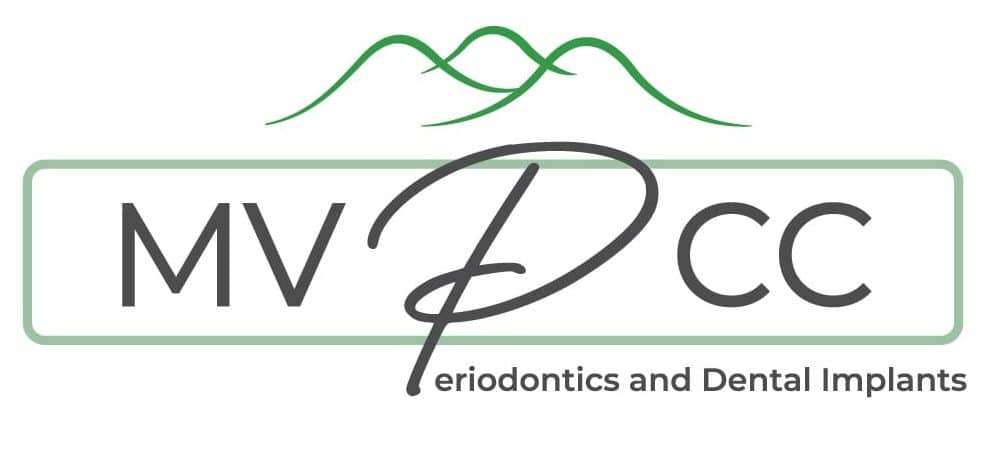
Periodontal disease is the leading cause of tooth loss in older adults. However, people should realize that while their likelihood of developing periodontal disease does increase with age, maintaining periodontal health can help you keep your natural teeth for a lifetime. Not everyone can avoid the signs of aging, such as wrinkles or the need for bifocals, but periodontal disease can often be prevented.
A variety of risk factors make older individuals especially susceptible to periodontal disease, especially the presence of other diseases. Research has shown a connection between periodontal disease and other inflammatory diseases of aging, such as diabetes, rheumatoid arthritis, or heart disease. Other factors that may influence the progression of gum disease include medications, mental health, worsening memory, diminished salivary flow, and functional impairments.
There are other special concerns for women. According to Perio.org, women who are menopausal or post-menopausal may experience changes in their mouth including dry mouth, pain or burning sensations in the gum tissue, and altered taste due to hormonal changes. Additionally, menopausal women should be concerned about osteoporosis, which can lead to tooth loss if the density of the bone that supports the teeth has decreased. Talk to your doctor about hormone replacement therapy or estrogen supplements, which may help symptoms of menopause.
To help prevent periodontal disease and maintain a healthy, toothy smile as you age, it is important to keep your dental professional up to date on any changes in your overall health. The goal is to make adjustments in oral care before these changes result in full-blown problems in the mouth.
Dr. Maryanne Butler and Dr. Amy Riffel recommend comprehensive daily oral care, including regular brushing and flossing, and routine visits to the dentist to avoid gum disease and tooth loss. If gum disease develops, a consultation with a dental professional, such as a periodontist, can lead to effective treatment. A periodontist is a dentist with three years of additional specialized training in the prevention, diagnosis, and treatment of gum disease.

